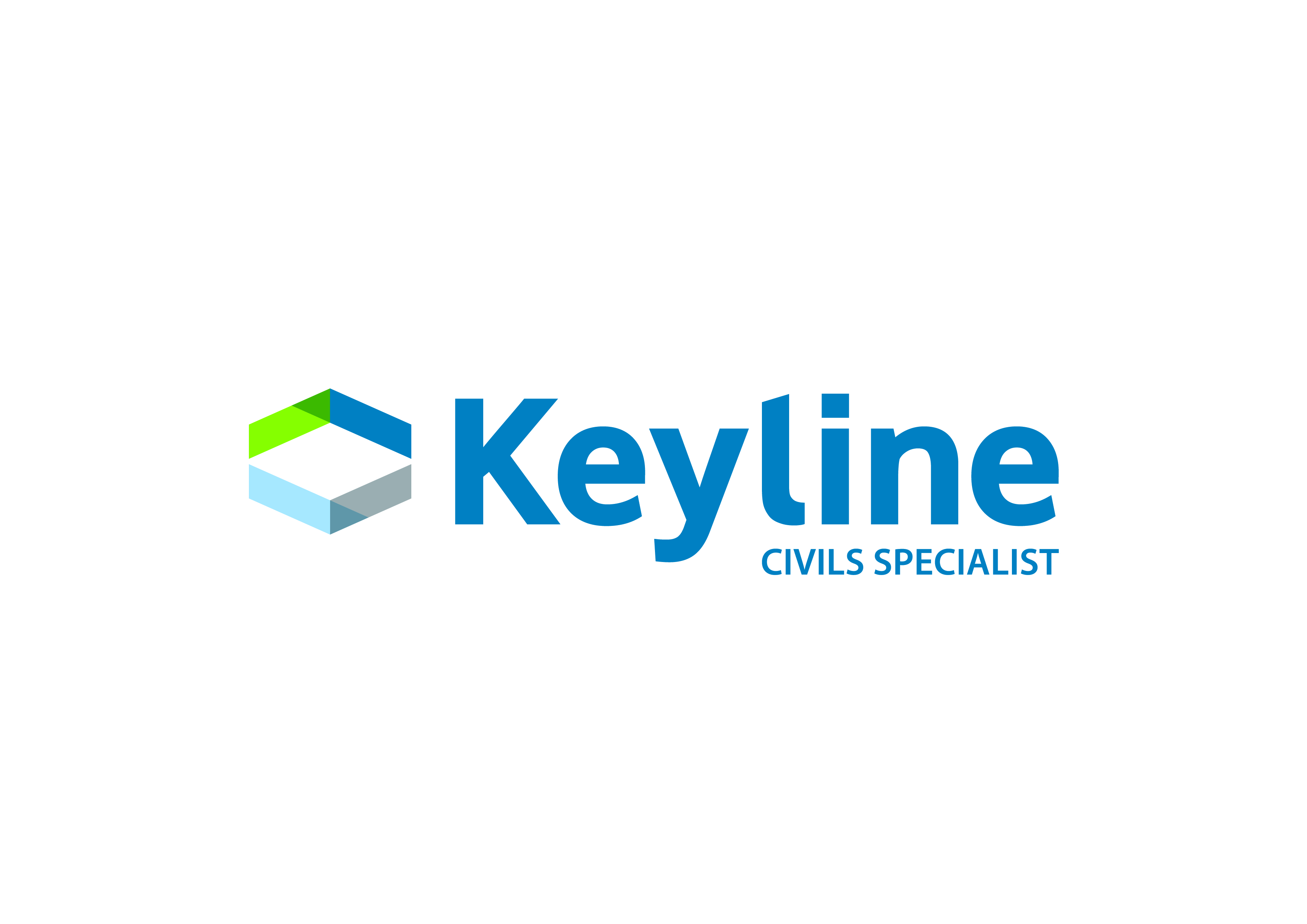Travis Perkins plc, a leading partner to the construction industry and the UK’s largest distributor of building materials, has today announced that it will be scaling up its trial of using Hydrotreated Vegetable Oil (HVO) as a replacement fuel for diesel in vehicles.
This follows the recent publication of the company’s decarbonisation roadmaps to achieve the Group’s net zero ambition for its scope 1 and 2 carbon emissions by 2035.
The HVO used is sustainably sourced and made from waste materials such as used cooking oils and other waste oils, and has the potential to reduce carbon dioxide by up to 90% compared to diesel. It also has the potential to reduce other emissions, including nitrogen oxide by up to 30% and particulates by up to 85%, and requires no modification to existing diesel engines.
Travis Perkins has been working with Green Biofuels Ltd (GBF) on the HVO trial since November 2021. It initially involved the installation of one HVO fuel tank in each of the Group’s merchant businesses, including the Travis Perkins merchant, civils specialist Keyline, provider of heating solutions, BSS, and drylining and insulation specialist, CCF. Based on the success of the trial, the use of HVO will now be scaled up to cover 30 branches and support over 200 vehicles by the summer.
Travis Perkins has one of the largest fleets in the country, which accounts for over 70% of the Group’s Scope 1 and 2 carbon emissions. The use of HVO therefore plays a crucial part in the company’s ambitious plan to decarbonise the business.
“We are fully committed to lead in decarbonising. We have set ambitious SBTi* accredited targets that are challenging, but achievable, and will keep the carbon impact of both our business and supply chain consistent with the 1.5 degree pathway of the 2016 Paris Agreement to limit global warming. We have published clear roadmaps for the delivery of our plans, and HVO is a stepping stone in the implementation of our net zero carbon delivery. It complements the multiple initiatives we are putting in place to decarbonise our business so that we can start to offer zero-emission deliveries to our customers more quickly.
HVO fuel is a great low carbon alternative component which will play an important role in reducing the greenhouse gas emissions from our vehicles until the infrastructure for electric vehicles improves and the development of more long-term solutions, such as hydrogen, becomes a reality,” explained CFO Alan Williams.
As outlined in the company’s fleet decarbonisation roadmap, 2022 will also see Travis Perkins continuing to transition its forklifts to HVO and electric power, and provide alternative fuels to the company's Tool Hire fleet to eliminate red diesel.
ENDS
NOTES TO EDITORS:
Further information:
Corporate Communications
Travis Perkins plc
Tel: 01604 592307
Photographs:
High resolution images are available here
About Travis Perkins
Travis Perkins plc is a leading partner to the construction industry and the UK's leading supplier of materials and equipment to the building, construction and home improvement markets. The Group operates market leading businesses, including Travis Perkins Builders’ Merchants, Toolstation and a number of specialists in the civils market (Keyline), heating and ventilation (BSS) and drylining and insulation (CCF), and many more. With annual revenues of £5bn, the Group employs 18,000 colleagues across the UK, but also in France and Benelux through Toolstation. The company has a proud heritage that spans over 200 years. For more information, please visit www.travisperkinsplc.co.uk
*The Science Based Targets initiative (‘SBTi’)
The SBTi has formally recognised Travis Perkins' plans to reduce its scope 1 and 2 emissions by 80% before 2035 from a 2020 base year. The SBTi have also accredited the Group’s plans to reduce its total scope 3 emissions by 63% within the same timeframe. This means SBTi has determined that all targets are in line with a 1.5°C trajectory.
Travis Perkins has committed to investing in its buildings to continually improve energy efficiency, using low carbon, renewable energy systems where possible, while also installing energy saving solutions such as utilising LED lighting, solar panels and electric vehicle charging points across the Group’s estate. Measures have also been put in place to optimise the Group’s 4,000-strong transport fleet by utilising fleet management systems, transitioning to alternative fuels and adopting low carbon technology.
Travis Perkins will also work with suppliers and customers to reduce supply chain emissions, in particular in-use emissions from products sold and the embodied carbon in products, as part of the broader Scope 3 emissions commitment.






